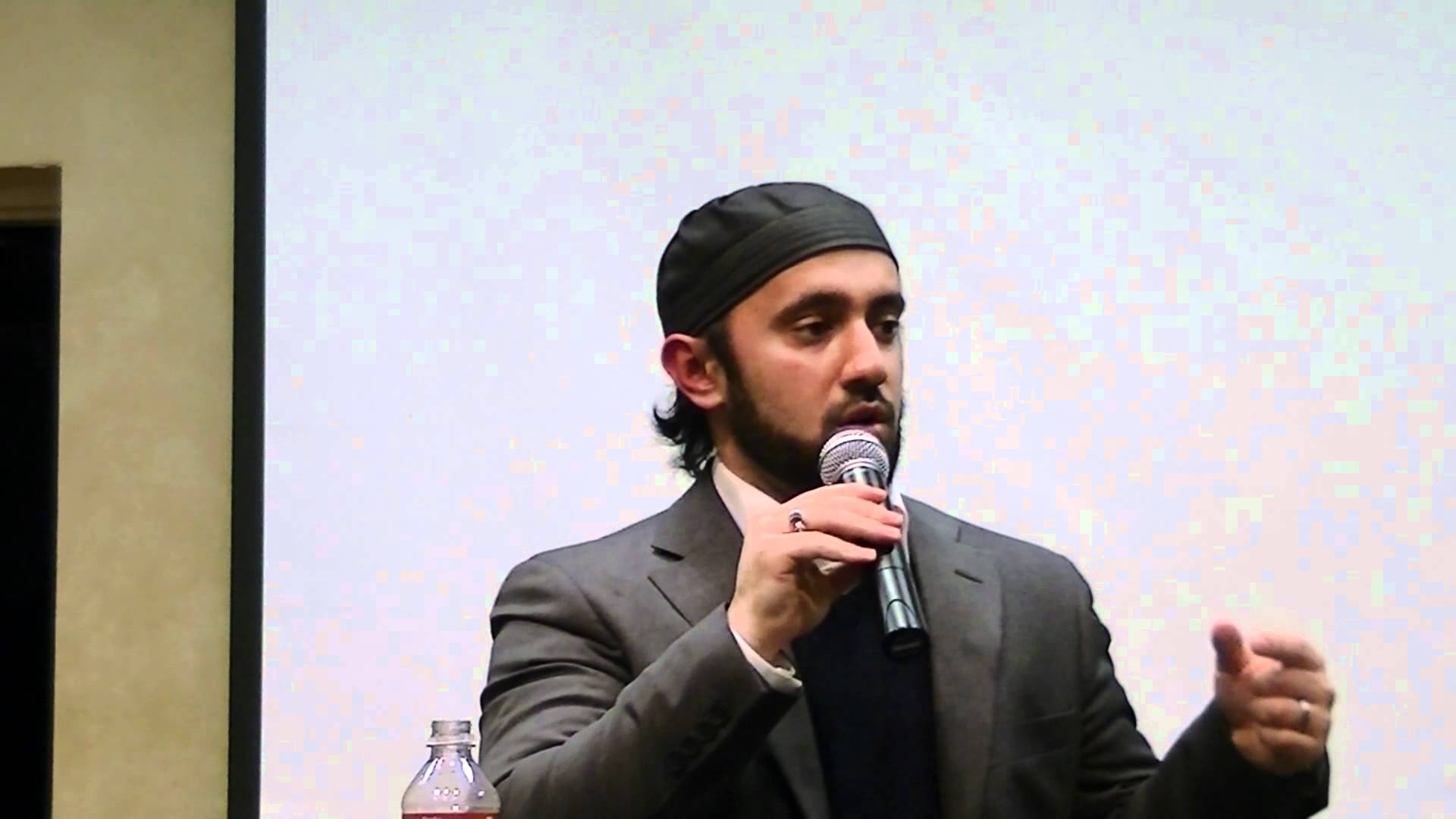There it was, the Holy Ka’ba, right in front of me. I pressed my palms and forehead against the cool stone, my whole body overwhelmed with the desire for Allah’s forgiveness, love. After a long period of darkness in my life, I finally believed that I would receive it.
I had struggled in my relationship with Allah almost my entire life. I had never doubted that God is merciful and loving. I did not believe, however, that I would be the recipient of His mercy, because I felt sure I did not deserve it.
Yet, I hadn’t always felt this way. As a young child, I loved Allah with all my heart and I believed He loved me. I was enthralled by nature, wiling away warm afternoons climbing tall trees, having pretend-conversations with the birds, making daisy chains, and marvelling at the seemingly infinite stars in the night sky. Allah is Great!
My innocent and carefree life was short-lived, snatched away from me when a family member, entrusted with babysitting me after school, began to molest me. The sexual abuse began when I was no more than six and continued in secrecy for eight torturous years. My parents worked long hours, and had no clue that the family member who they had appointed as my caretaker was abusing me. I never dared to break my silence, convinced by my molester that no one would believe me and, as punishment, he would make things far worse. Enveloped in fear and shame, I did the only thing I knew how to do: Kneel and pray for Allah to save me.
By the time I was 14-years-old, I had poured over enough books in the library to fully understand what was happening to me. Having reached puberty, the abuse had also escalated violently as I would now fight and claw each time to defend myself against rape.
Desperate for help, I turned to my religious teacher in school, confiding in her about the chronic abuse. I expected she would rush to call the police, stage an intervention and arrange for counselling. Did she act as my support, my ally? No. Instead, she looked me square in the eyes and flatly told me I was being sexually abused because I did not wear the hijab.
The tears and wracking sobs that ensued did nothing to soften her tone as she continued to berate me. Allah was punishing me for my immodesty, for my sins, she said, and it was as simple as that. That was the day my love for Allah turned to hate. I had brought on my own suffering and my thousands of pleas over the years begging Allah for help had been wasted on a merciless God. I had been a fool.
So I rebelled. Smoking, drugs, alcohol and attempted suicides defined the rest of my teenage years. Allah did not love me, so I sought love from men, falling into a string of unhealthy relationships. I was not at peace, but I took satisfaction in my defiance. If Allah only saw me fit to be punished, then I too had no use for Him.
My parents still knew nothing of the abuse and I was equally adept at hiding my rebellious lifestyle from them. Having kept the sexual abuse hidden for so many years, I had become a natural at living a dual lifestyle. During my teenage years, I remained a top student, even earing a college scholarship, all the while holding a part-job as a waitress. So, while I had fallen so far from my faith as to attempt suicide numerous times, my family continued to look to me as a golden child.
The next turning point of my life came at 17 years old when my atheist, abusive, alcoholic boyfriend grabbed and slammed me against the wall, almost giving me a concussion. My crime? Defending the Qur’an. When – despite the anger and rebellion I harboured toward Allah – I stood face to face with someone who insulted Allah in the most disgusting manner my ears had ever heard, that small child in my heart woke up and fought back to say, “Allah is Great.”
That was the afternoon I knew I desperately wanted to return to Allah, but I felt ashamed. If Allah had deemed me sinful enough to punish me at six-years-old, I certainly could not expect to deserve his forgiveness now—now after everything I had done in the last few years.
Emotionally tormented and torn, my journey back to Allah did not happen overnight. The encounter with my boyfriend may have ignited a long dormant spark in me to revive my relationship with Allah, but I still harboured too much anger and resentment against Him and Islam, so I continued with my rebellious lifestyle. But the seed had been planted.
Maryam Hamza is a writer who believes that education and striving for a purposeful life is the key to healing and growth. She focuses her writing in these areas to empower women and children.
Image source




